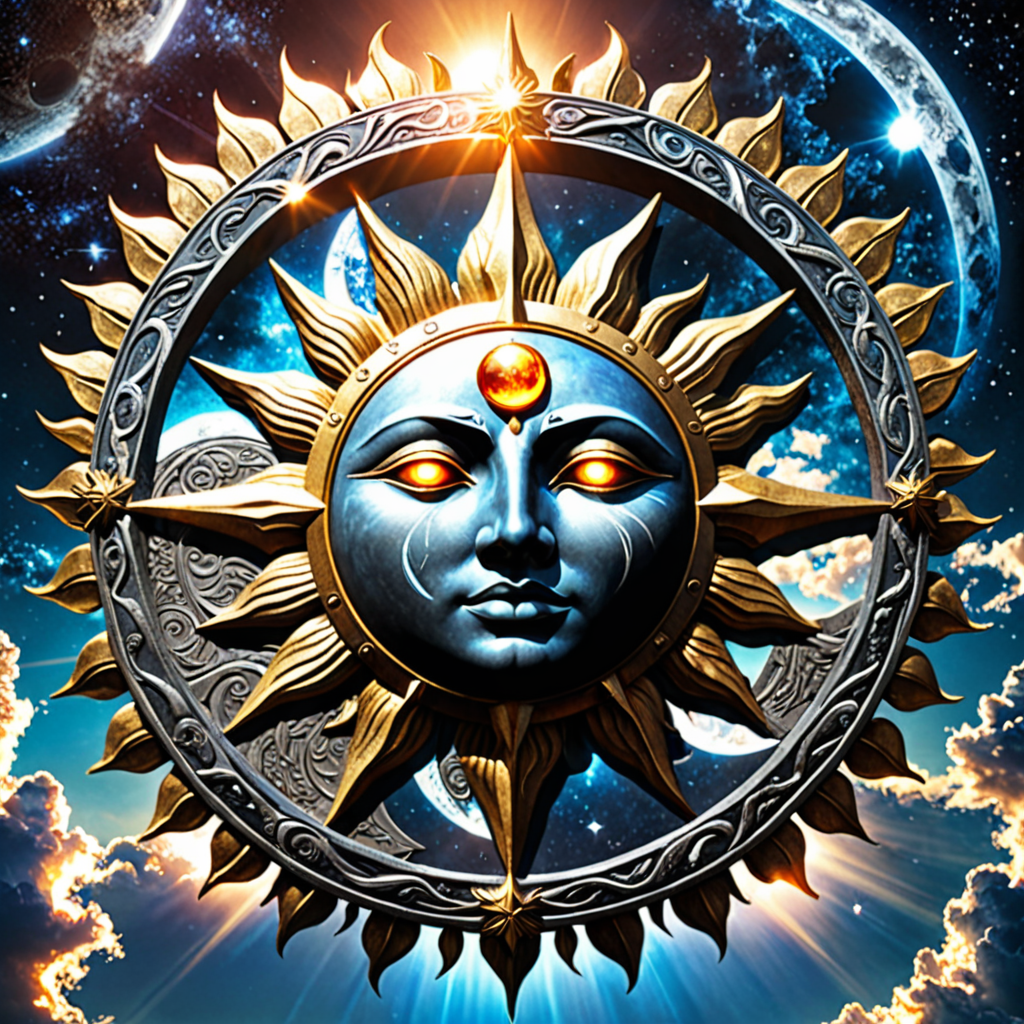The Concept of Knowledge and Wisdom in Norse Mythology
Exploring the rich tapestry of Norse mythology unveils intricate layers of wisdom and knowledge interwoven throughout the ancient stories of the Norse gods and goddesses. Understanding the significance of knowledge and wisdom within the context of Norse mythology provides profound insights into the beliefs and values of the Norse people.
The Role of Odin: The All-Father and God of Wisdom
In Norse mythology, Odin, the All-Father and the chief of the gods, embodies the essence of wisdom. Known as the god of knowledge, poetry, and magic, Odin continuously seeks wisdom through various means. One of the most famous instances is his sacrifice of an eye in exchange for a drink from Mimir’s well, which granted him immense wisdom and foresight.
Odin’s insatiable thirst for knowledge led him to possess vast wisdom, which he shared with the other gods and goddesses. Additionally, Odin’s association with poetry and language emphasizes the importance of intellectual pursuits and artistic endeavors in Norse culture.
The Norns: Weavers of Fate and Keepers of Knowledge
Central to the concept of knowledge and wisdom in Norse mythology are the Norns, the three powerful female entities who shape destiny and control the threads of fate. Urd, Verdandi, and Skuld represent the past, present, and future, respectively, and their existence underscores the interconnectedness of knowledge, fate, and the passage of time.
The Norns reside beneath the great world tree, Yggdrasil, where they oversee the destinies of gods, humans, and all beings in the cosmos. Their deep understanding of the intricate web of fate exemplifies the profound wisdom ingrained in the fabric of Norse mythology.
Runes: Symbols of Knowledge and Mystical Insight
In Norse mythology, runes play a significant role as symbols of both knowledge and magical power. The runic alphabet, known as the Futhark, contains a wealth of traditional wisdom and symbolism that was believed to possess mystical properties.
Runes were used for divination, communication with the gods, protection, and various magical purposes. The act of inscribing runes was considered a sacred practice imbued with the wisdom of the gods, reflecting the belief that knowledge and language hold transformative and mystical powers.
Exploring the intricate connections between knowledge, wisdom, and the stories of Norse mythology offers a glimpse into the values and beliefs of the ancient Norse people. The reverence for wisdom, the pursuit of knowledge, and the intertwining of destiny and foresight underscore the enduring importance of intellectual curiosity and spiritual insight in Norse culture and mythology.
FAQs about Knowledge and Wisdom in Norse Mythology
What role do knowledge and wisdom play in Norse mythology?
In Norse mythology, knowledge and wisdom are highly revered as sources of power and insight. They are often associated with gods like Odin, the Allfather, who sacrificed an eye to gain wisdom.
How is knowledge portrayed in Norse mythology?
Knowledge in Norse mythology is often depicted as a transformative force. It is acquired through sacrifice, experience, and learning from the past. The pursuit of knowledge is seen as a noble endeavor.
What is the significance of wisdom in Norse mythology?
Wisdom in Norse mythology is esteemed for its ability to guide decisions and actions. It is viewed as a vital quality that enables individuals to navigate the complexities of the world with clarity and foresight.
